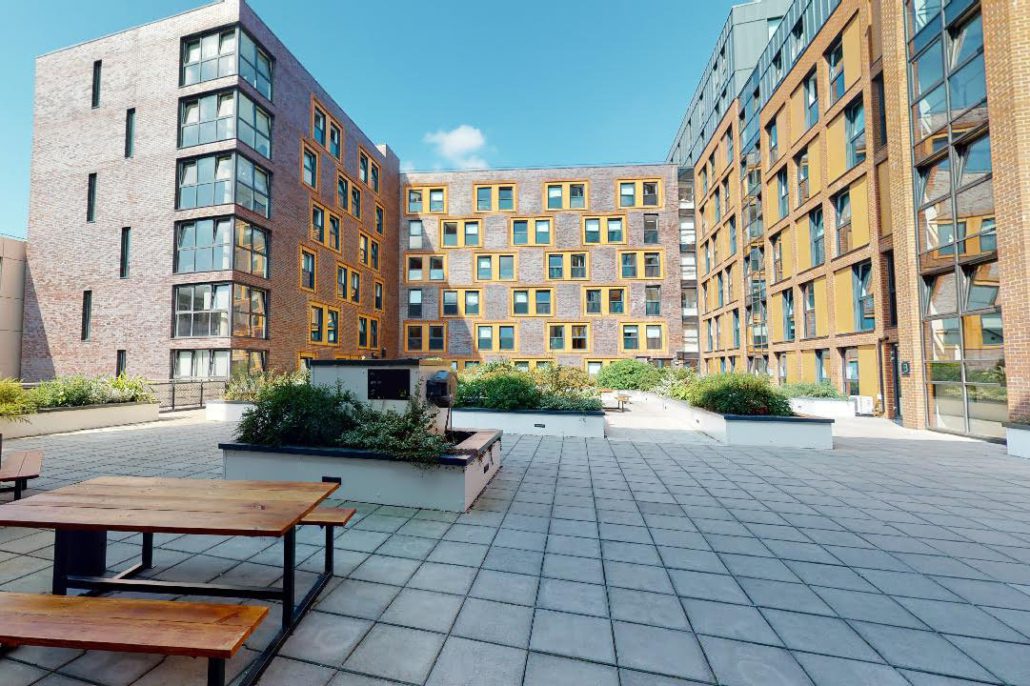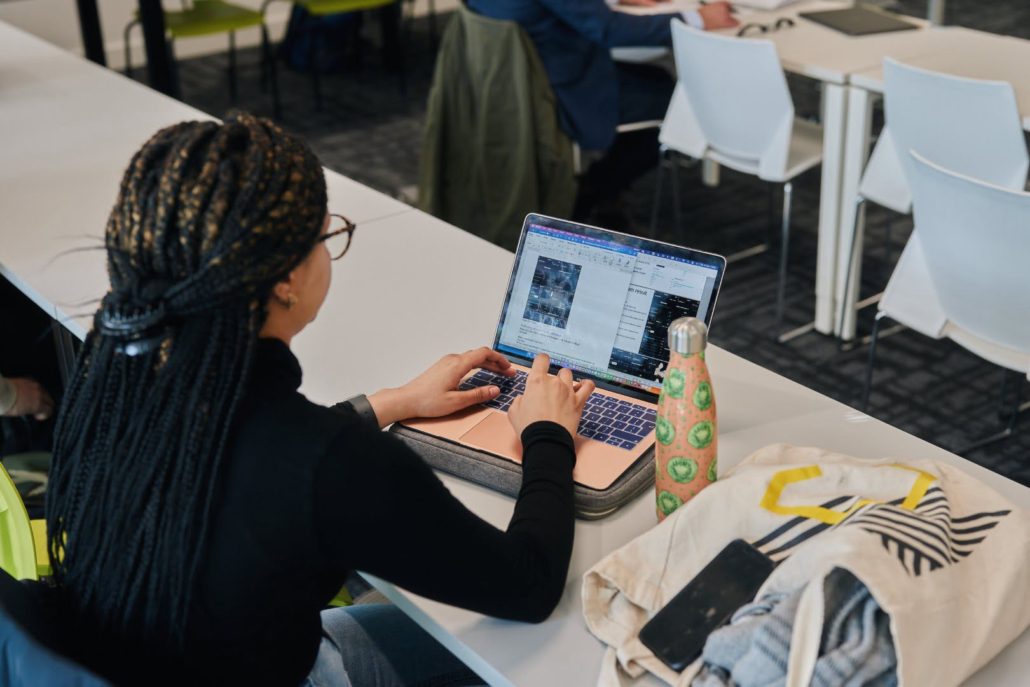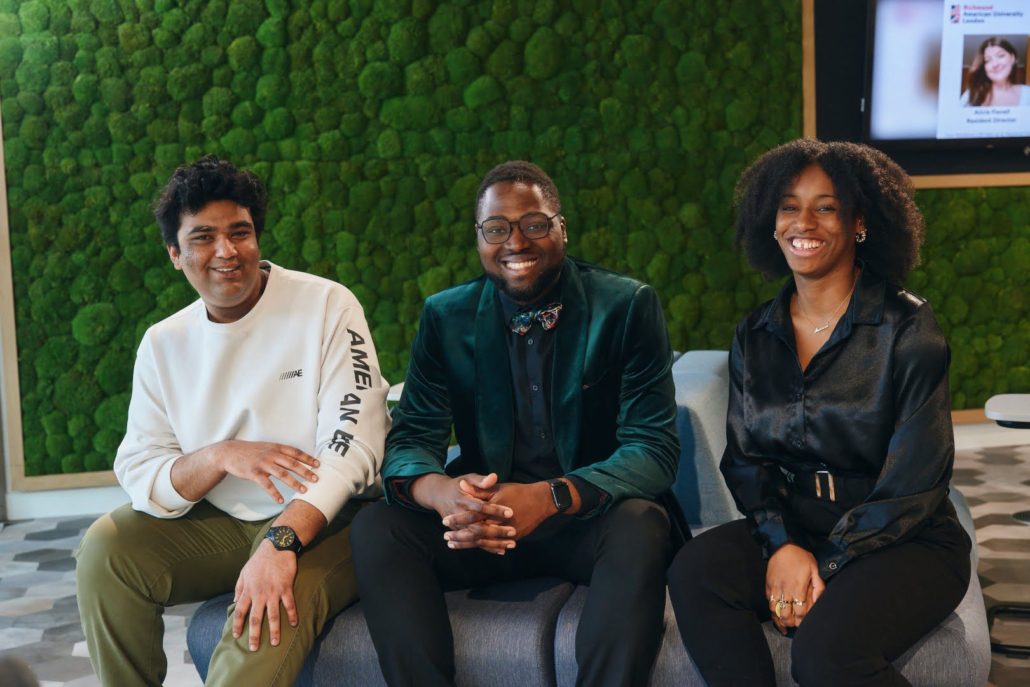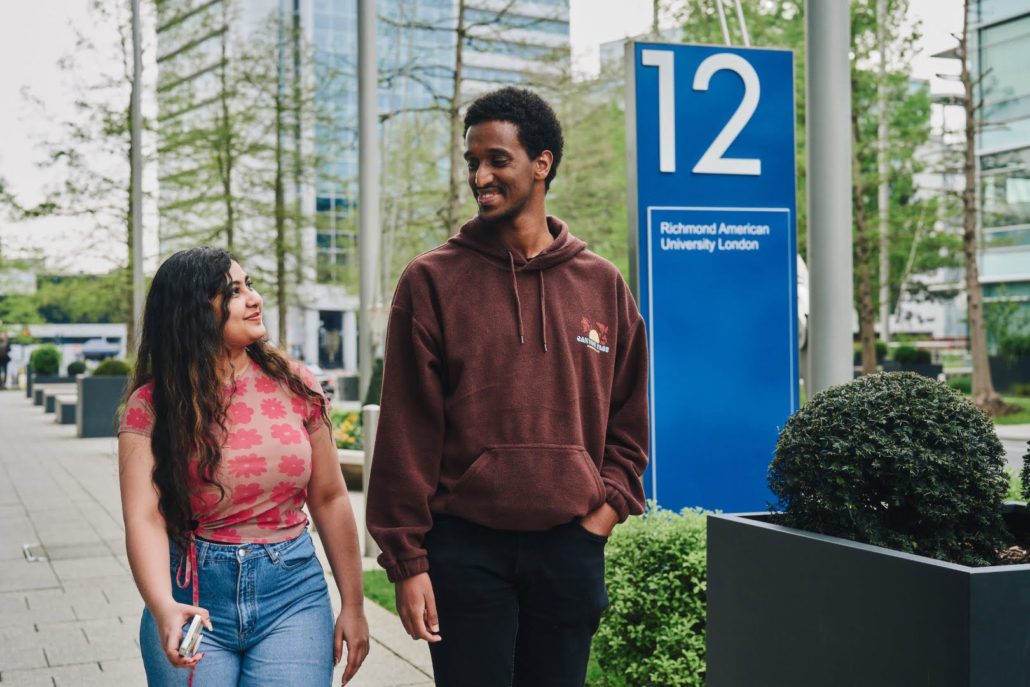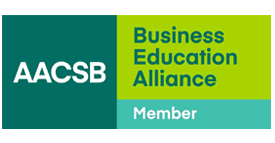Minor in Communications
|
US Credits
|
UK Credits
|
- COM 3100 Foundations of Mass Media & Communication
This course provides an introduction to the study of mass media in contemporary modern societies. The course will pay particular attention to the production and consumption of mass media, including newspapers and magazines, television, film, radio, and the internet. Thus the course will encourage students to critically analyse the strategies of media giants, the impact of media ownership over democracy, the effects of media over culture, identities and public opinion. Each topic of the course will be examined with reference to contemporary examples of mass media.
|
3 |
12 |
- COM 4100 Intercultural Communications
Reflecting strongly the mission of the University, this course provides a theoretical and practical foundation for the degree in Communications. It provides students with a strong sense of their own complex cultural identities before moving on to teach them the theories underlying the study of International Communication. There will be opportunities for practical applications of these theories in case studies, simulations, and project work.
|
3 |
12 |
- COM 4115 Digital Society
This course introduces students to critical studies of the digital society, and how it effects institutions, media, and audiences socially, culturally, and politically. It explores the history of ŌĆśthe information revolutionŌĆÖ, and how contemporary digital technologies, the internet, and social media are changing identities, relationships, and practices at both micro- and macro-levels. Through engaging with key debates within digital society (e.g. selfhood and social media, participatory culture, sharing economy, surveillance, truth of online information and democracy), students will develop critical understanding of the relationship between digital technologies and society, and reflect on their own use of digital media.
|
3 |
12 |
- AVC 4205 Introduction to Visual Culture
This course explores images and representations across cultural and historical contexts: the way meaning and ideologies can be decoded from such cultural artifacts as advertising, photography, cinema, modern art, sculpture, architecture, propaganda and comic books. Through varied examples, it takes an introductory route through some of the most important cultural theories and concepts.
|
3 |
12 |
| plus FOUR of the following: |
Minimum of 12 |
Minimum of 48 |
- COM 5200 Mass Communications & Society
In this course, "mass communications" is taken in its broadest sense, which may include cinema, television, newspapers, magazines, comics, and the Internet, as well as fashion and merchandising. "Society" involves the people who engage with those texts, from critical theorists to fans, censors to consumers. The course examines the relationship between texts and the people at various points during the twentieth and twenty-first centuries, from various cultural and national perspectives. Throughout the course, students are encouraged to test and debate established theories by bringing them to bear on everyday popular texts.
|
3 |
12 |
- COM 5205 Cultural Theory
This course introduces key thinkers, topics, case studies and theoretical frameworks related to the field of cultural studies. Students will be exposed to different toolkits for analysing everyday cultural practices, with a particular focus on historical, geographical and personal identity. Films, fashion, art, graphic design, video, music and other media objects will be analysed in order to engage with the theoretical frameworks presented. In addition to in-class theoretical discussion, students are encouraged to apply cultural theory in practice, through activities including gallery visits and first-hand explorations of consumerist practices.
|
3 |
12 |
- COM 5215 Political Communications
The course focuses on the role of political communications in the political process. It examines the relationship between governments, the media and the public in Western democracies, with emphasis on the UK and the US political systems. Starting with an overview of the role of the media in political theory, it moves to the examination of the origins and development of political marketing and public relations, the use of political advertising by political parties, and the representation of non-governmental actors in the media coverage. Furthermore, the course considers issues of national security and secrecy as well as changes in political communications brought about by the introduction of new technologies. Particular attention is given to the use of techniques and strategies during election campaigns. Prerequisite: At least one 4000-level COM, PLT or INR course
|
3 |
12 |
- COM 6101 New Media
This course traces the historical development of new media, emphasizing the social, political, and cultural context of new media technologies. It introduces the students to a number of contemporary theoretical debates for understanding the role of new media in contemporary democracies and their impact on identity formation processes. Interfacing practical skills and critical thought, a number of key debates in digital culture are addressed through written texts and the investigation of internet sites and electronic texts.
|
4 |
16 |
- COM 6110 Senior Project
In this practice-orientated course, students work together as a group to develop a body of work for a client outside the University. Students are required to use both their individual academic and technical skills (e.g., visual, journalistic, graphic) and their interpersonal communication skills in this final year course for communications students.
|
4 |
16 |
| Minor Requirements |
18 |
72 |


